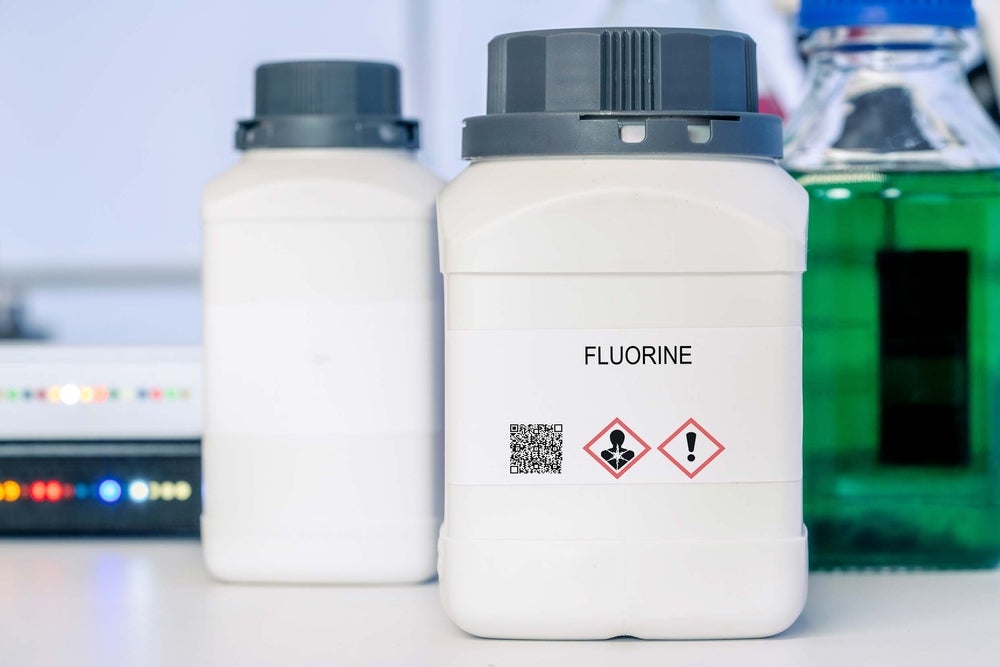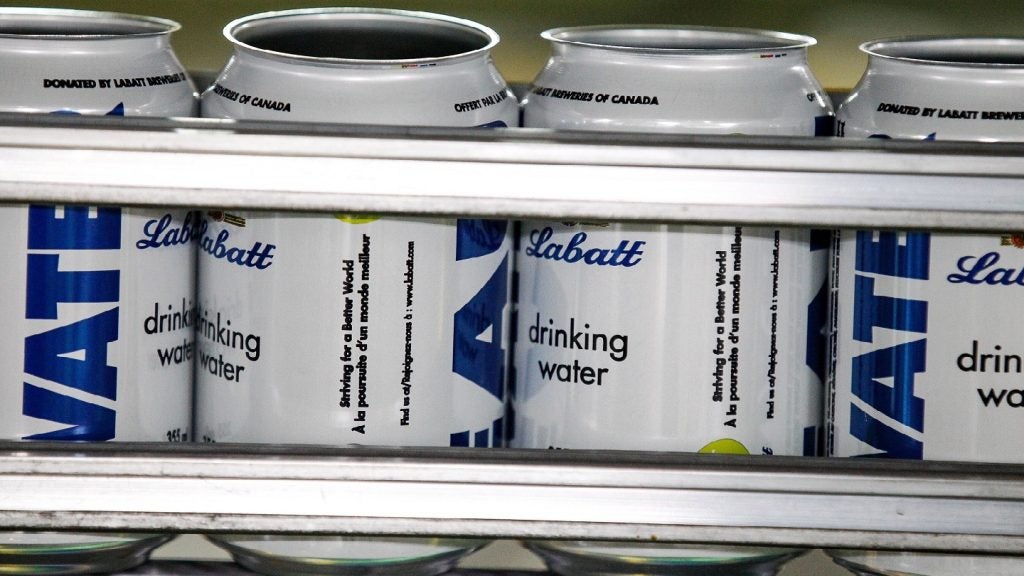Chemists at the University of Bayreuth, Germany, in collaboration with researchers from Berlin, have produced a new class of fluorinated polymers with accelerated degradation in which the fluorine can be recovered in a reusable form.
The researchers have succeeded in producing fluorinated polymers that contain ester bonds. Ester bonds in polymers - ie plastics - facilitate degradation. However, fluorinated polyesters are very rare.
Plastics containing fluorine offer water-repellent and low-friction surfaces, making them a popular packaging material, but they often end up in landfill and harm the environment.
Like ordinary fluorinated plastics, this new class of polymers also has non-stick properties and can be easily degraded again via the ester bonds.
The fluorine can then be recovered from the degraded material to be reincorporated into all kinds of chemicals.
These results can help to prevent the accumulation of the industrially used fluorine compounds PFAS (per and polyfluoroalkyl substances), also known as "forever chemicals", in the environment.
Health fears around PFAS are pushing packaging companies to seek safe alternatives to avoid food contamination.
Christoph Fornacon-Wood from the Department of Macromolecular Chemistry at the University of Bayreuth explains: "The design of future fluorinated polymers should include an integrated option for degradation and recycling to enable a sustainable circular economy for fluorine.”
The results of the study were produced in collaboration with the Federal Institute for Materials Research and Testing (BAM) and the Free University of Berlin. The research is part of the Collaborative Research Center's project known as "1349 Fluorine-Specific Interactions", which is funded by the German Research Foundation.















